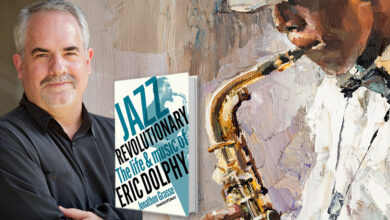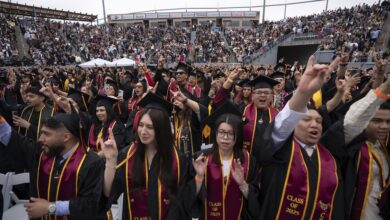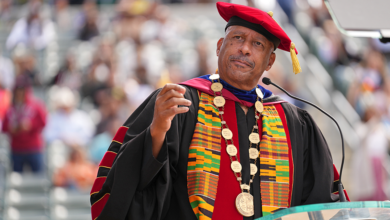Features
Featured stories from California State University, Dominguez Hills
-
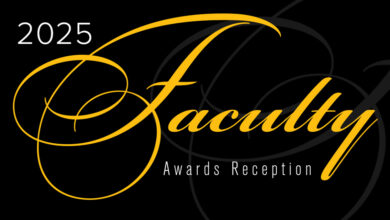
2025 Faculty Awards Recognize Six Outstanding Educators
The 2025 Faculty Awards Reception was held on April 22, with five members of the CSUDH faculty receiving honors for…
-
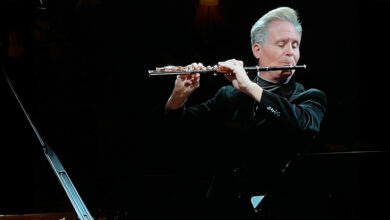
CSUDH Music Lecturer Named Finalist for American Prize
Rik Noyce, a lecturer in the CSUDH Music Department and professional flutist, has been named a 2025 National Finalist for…
-
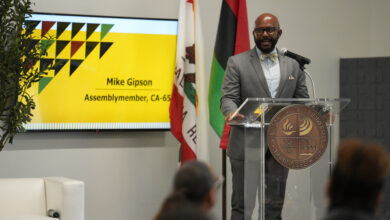
California Launches Black-Serving Institutions Program to Promote Equity in Higher Education
Held at CSUDH's Innovation and Instruction Building, the event brought together state leaders, educators, and students to discuss the program's…
-
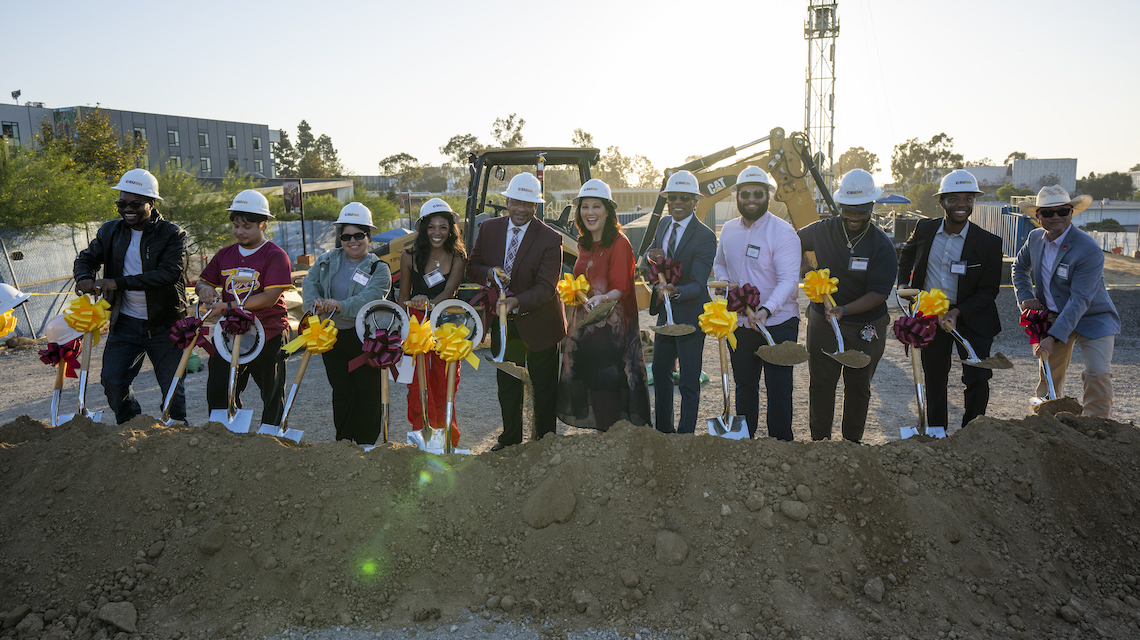
Groundbreaking Celebrates Four Major Capital Projects
(Center) CSUDH President Parham, CSU Trustee Wenda Fong, and Vice President of Student Affairs William Franklin celebrating the new Health,…
-

Toro Paralympian Seeks Gold in the City of Light
Some 4,400 athletes from 168 delegations joined the Parade of Nations in the Place de la Concorde on Aug. 28…
